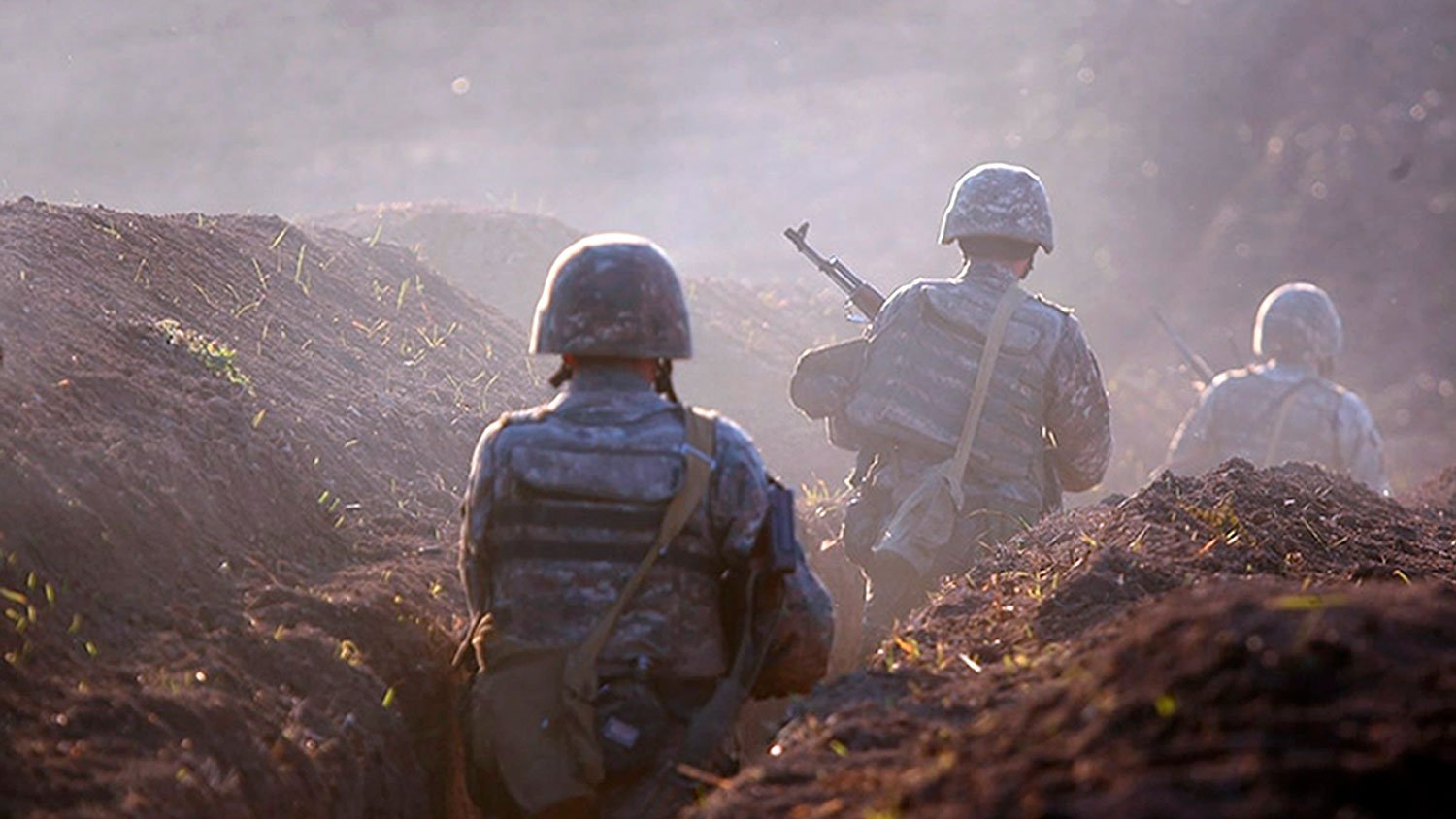Abkhaz, Georgian, Ossetian peacebuilders call for an end to Nagorno-Karabakh violence

The call was first published on 30 September 2020 on the website of the Centre for Humanitarian Programmes, an Abkhazia-based rights organisation.
Today, fierce battles are once again taking place in the Karabakh conflict zone. We, the participants of peace initiatives in the South Caucasus want to express our support to our Armenian and Azerbaijani friends, colleagues, and anyone who persistently continues to seek ways towards peace — despite the difficult circumstances and the unfavourable political and geopolitical context — knowing what sort of a calamity war is for ordinary people.
We are extremely concerned about the growing scale of hostilities, and the civilian deaths which have followed. If the hostilities don’t immediately stop, the zone of instability will expand throughout the Caucasus and will bring another humanitarian crisis.
The existing instruments and mechanism for the settlement of the Karabakh conflict didn’t manage to prevent a military escalation. The ceasefire failed to be enforced, let alone an armistice to be brokered. Unfortunately, no sufficient efforts were made to objectively investigate border incidents, provocative decisions didn’t fall under scrutiny, and the international arsenal of means wasn’t used sufficiently to stimulate the conflicting parties to take steps towards peace.
Almost 30 years ago, the Soviet empire collapsed, causing bloody conflicts in the Caucasus. Today is different, though. We can’t let the inertia of violence to be passed to new generations along with hatred, destruction, and war. Today, the interdependence of people from different countries is increasingly being felt — whether it concerns a lack of electricity, clean water, climate change, or a pandemic. That’s why a crude, violent clarification of relations between conflicting parties is all the more dangerous and unacceptable.
New times require new approaches — maybe there are none that are quick and simple, but there are ones that are peaceful, humane, and long-term.
Realising the complexity and the gravity of the situation, we still hope that people of goodwill will be able to prevail over the inertia of war and find a way to a just and sustainable peace.
We call on all parties, including the international community, to take decisive measures to end the hostilities and begin a new stage of the negotiation process.
Aida Ladariya
Alan Tskhovrebov
Alkhas Tkhagushev
Ana Dziapshipa
Anaid Gogoryan
Anthony Forman
Anzhela Pataraya
Archil Gegeshidze
Arda Inal-Ipa
Asida Lomiya
Astamur Taniya
Azamat Bagateliya
Batal Kobakhiya
Bella Turtseva
Davit Jishkariani
Davit Pipia
Diana Kerselyan
Dieter Boden
Dina Alborova
Eka Pirtskhalava
Eliko Bendeliani
Elona Turava
Giorgi Kanashvili
Gunda Dzheniya
Ibragim Chkadua
Inal Khashig
Indira Agrba
Inna Barchan
Irakli Khvadagiani
Irina Kelekhsayeva
Irina Yanovskaya
Iulia Kharashvili
Ivane Abramashvili
Jana Javakhishvili
Jonathan Cohen
Juliette Scofield
Ketevan Aptarashvili
Lali Devidze
Lali Pertanava
Lana Parastayeva
Larisa Sotiyeva
Lasha Tughushi
Laura Beniya
Laurence Broers
Liana Kvarcheliya
Lina Kulumbegova
Lira Kozayeva
Lyudmila Sagariya
Madina Gartskiya
Maia Chemia
Maktina Dzhondzholiya
Manana Gurguliya
Margarita Akhvlediani
Marina Elbakidze
Marina Nagai
Marina Pagava
Marina Pochkhua
Mariyetta Topchyan
Maurizia Jenkins
Maya Shirokova
Medea Kakachia
Merab Tsindeliani
Mikheil Mirziashvili
Mira Sovakar
Naala Kartoziya
Nadezhda Benediktova
Narine Ginosyan
Natella Akaba
Natia Chankvetadze
Natia Nadiradze
Nelli Tabuyeva
Nina Tsikhistavi-Khutsishvili
Nino Kalandarishvili
Nukri Milorava
Oliphant Craig
Paata Zakareishvili
Paula Garb
Rachel Clogg
Rafael Darbinyan
Richard Jenkins
Rozita German
Rusiko Marshania
Said Gezerdava
Shota Shvelidze
Sophia Pugsley
Stefan Meister
Susan Allen
Tom de Waal
Tsiala Tskua
Tsira Meskhishvili
Tsiza Gumba
Ucha Nanuashvili
Walter Kaufman
Yelena Kobakhiya
Yelena Kuvichko
Yuliya Gumba
Zalina Gabayeva
Zurab Bendianishvili